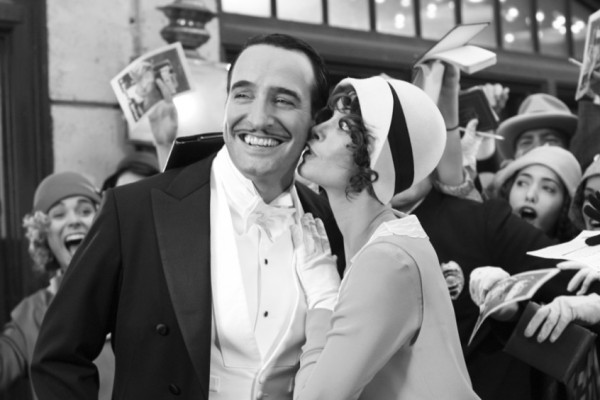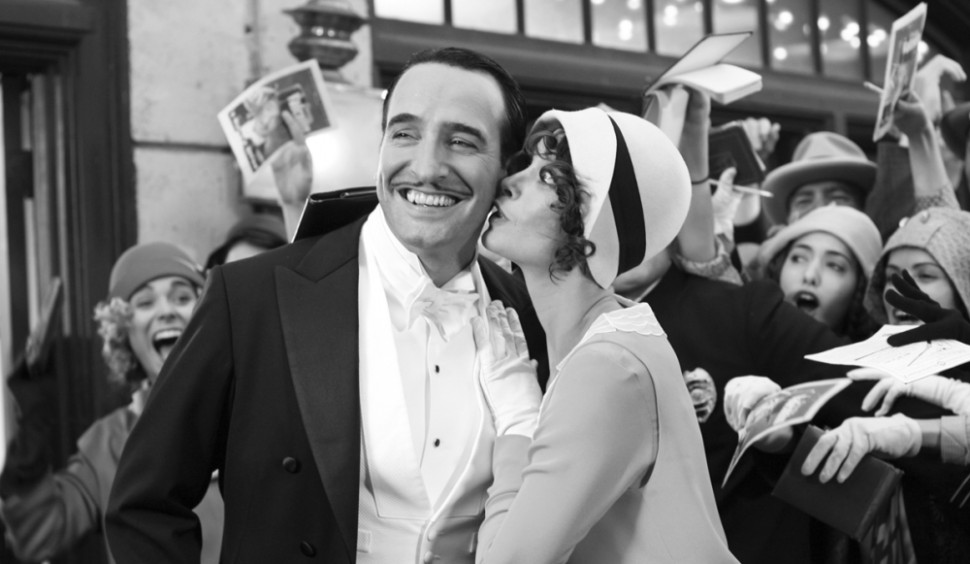Exercise: write an 800-word editorial on the importance of media literacy to better enable news consumers to distinguish between “fake news” items, blatantly partisan and biased news sources, and mainstream news stories that still must be critically examined and analyzed rather than taken merely at face value. January 28th, 2018.
Since Donald Trump’s election and the popularization of the term “fake news,” trust in the press has been significantly eroded in the United States. If Democrats seem to trust the media more than ever before, only 19% of Republicans revealed that they have “’a fair amount’ of confidence in the press,” according to a recent Poynter Media Trust Survey.
In those circumstances, media literacy is more important than ever to help the audience distinguish “fake news” and partisan articles, from criticism and analysis in mainstream news stories.
“Fake news” should be confined to describing made up stories and rumors, such as fictional articles from satiric sources like The Onion. These stories are fake by definition, since they deliberately spread false information, most of the time from illegitimate or non-news sources.
Why, then, is the term used to describe numerous opinion or fact-based articles as well?
When Trump counselor Kellyane Conway talked about “alternative facts,” last January, she was accusing mainstream media, such as The New York Times, of misrepresenting Trump’s inauguration’s attendance. She was standing by Trump, affirming that the Capitol was crowded, when the press had published pictures of a half empty place, comparing it to Barack Obama’s inauguration in 2009.
Ever since, Trump has been using and abusing the term “fake news” to refer to every news outlet publishing or airing “biased” stories that do not serve his cause. CNN, The New York Times, and other well known media organizations with great reputations worldwide were temporarily blacklisted by the President, while Fox News, which has supported him, has been praised by Trump’s administration — creating a debate about the freedom of the press and the First Amendment.
Where is the boundary between “fake news” and partisan news then?
Partisan media are more subjective. By definition, they support one specific point of view over another. Fox News and CNN are very likely to cover the same political event a different way, for example, but it does not mean that one channel is right, and that the other one is wrong. They just give more coverage to points of view that share their ownership’s, management, or audiences’ values than to competing opinions. It doesn’t necessarily mean that they lie. But they do take sides, and promote and defend their own arguments.
Today, objective journalism is rarely objective anymore. Even “neutral” media entities must choose how to cover an event. Otherwise, why would there be so many different media outlets if they all told the same stories the same way?
It seems there are almost as many media outlets, and as many journalists as there are opinions. For this reason, news consumers should not stick to only one medium or news source. They should read the same news topics from several different sources for an opportunity to see different sides of a story, and develop their own opinion. A news organization could reveal relatively important information in a story that another outlet may have missed or minimize. Reading only one point of view would be like burying your head in the sand. It is always interesting to hear refuting arguments, even if you disagree with them.
Why is it important to remind people of this? Because the media exist to inform their audiences. To tell them stories. To let people know about what is happening in the world. And critically examining or analyzing an event, such as a new law voted by the Congress, does not mean that the media brainwash or lie to their audiences.
Critics and analysts are here to compare. To show the evolution of a country — or of the world — through different period of history and different perspectives. To try to find explanations. Journalists who compare President Obama’s and President Trump’s projects regarding health insurance may be implying that one is making better decisions than the other, but they are mainly showing contrasting political views and how the country’s perspective evolves over time.
News consumers must be able to see the difference between “fake news” and opinionated news from critics and analysts. But how can they possibly do so in an era in which everybody can spread rumors through social media within seconds?
Media consumers need to be guided, and taught how to trust the press. To help with this, Facebook and Google announced, in 2016, that they would curtail “fake news” from being spread by “restricting their ability to make ad revenue,” according to FactCheck.org. This may not solve people’s trust issue in the mainstream media, but it would at least limit somewhat news consumers from reading so much false information and so easily spreading it further.
Meanwhile, the audience should keep in mind than not every critic or analyst is biased or “fake news.”








